I was not always blind.
My vision started deteriorating towards the end of 2008 due to an autoimmune condition attacking the myelin sheaths that insulate and protect the optic nerves. I was originally diagnosed with multiple sclerosis, although none of the usual medications worked so recurrent episodes continued and became increasingly debilitating until I became legally blind in 2011, while still in my early 20s.
Having tried and failed many medications and treatments, I was told I likely suffered a rare autoimmune condition called neuromyelitis optica (aka Devic’s Disease) and I was subsequently placed on experimental immunotherapy. To this day, I do not completely fit the diagnostic criteria. However, the once experimental treatment has succeeded in halting the progression of my condition these past nine years.
I am not totally blind, I am legally blind. There is a difference.
The definitive classification is having a visual acuity of 6/60. That is, an object a sighted person can see 60m in the distance, I can see just 6m away. Even then, I have my good and bad days, and certainly on hot days my nerves lose conductivity and my vision decreases further until my core body temperature cools down.
The figurative classification is that I liken my vision to a sighted person jumping into a pool without wearing goggles. Objects are washed out and blurry, but I can still see – just not in great detail. I also have limited peripheral vision and am colour deficient.
For over 20 years I experienced life as an abled person. Then I joined the world’s largest minority, which anyone can become a part of at any time.
My name is Ashleigh DoRozario and I am disabled.

Terminology and the literal rule
I did not realise disability was potentially a dirty word.
It was not until I attended the inaugural meeting of the Queensland Law Society’s Diverse Abilities Network that the topic arose. When it came to introductions, an abled person raised their desire to advocate for greater acceptance of disability within the legal industry, but also bravely admitted their insecurity and uncertainty as to the correct language to use in this important discussion.
As someone who has been closeting her disability for the better part of nine years, I also admitted that when discussing any minority issue, I was acutely aware of choosing my words wisely and self-conscious when asking questions to further my understanding for fear of inadvertently insulting someone. Along came a chorus of consensus from both abled and disabled professionals at that meeting.
So let’s delve further, draw on our statutory interpretation knowledge, apply the literal rule and review the ordinary meanings:
Ability: the physical or mental power to do or accomplish something.
-v-
Disability: a physical or mental condition that limits a person’s movements, senses, or activities.
Well it’s true, there is no denying the fact that I have a physical condition that limits my sense of sight. My optic nerves have frayed!
While I am no expert, and can only draw on my own experiences and speak to my own opinion, I suspect the main issue arises with the purposive approach in which the term disability is used.
Usage and the purposive approach
I do not take offence to the word disability, although I know some do. I recently read a social media post crucifying media outlets for labelling disabled people as particularly vulnerable in this coronavirus pandemic. The poster accused journalists of being ‘ableists’, and the discussion evolved with commentary exposing the word ‘disability’ as marginalising, relying on derivative examples such as engineers ‘disabling’ equipment to stop it from working altogether.
Whoa, the power of language, and misinterpretation!
The prefix ‘dis’ implies a negative or reversing effect to the root word, ‘ability’. However the definition of disability does not mean the opposite of ability.
Having a disability does not necessarily mean I cannot do or accomplish something. The ordinary meaning is that I possess a limitation to a specific ability.
However, the historical use of the word is such that people assume because I have a disability I cannot do x, y, z.
When I was fast losing my functional eyesight, many people were surprised to hear I continued to work, and expressed the opinion that I should become a lady of leisure. In their mind, I could not possibly work. When my condition stabilised and I contemplated studying law, a common reaction was ‘why?’, because a blind person looking for career advancement was unfathomable. Likewise, when I stubbornly declared I was going to accompany my husband trekking the Inca Trail to Machu Picchu, I was told I should remain at the base town for his return, or meet him at Machu Picchu via the train.
I ignored my doubters.
Disability is not a dirty word. It is the misconceived perception of my abilities that causes issues.
Positive intent and perspective
Language is a minefield. Our profession deals in words, so we are the best placed industry to understand the power of language and interpretation.
Despite this, even I have difficulties navigating the do’s and don’ts of language when it comes to discussing disability. I read that earlier social media post and was shocked by some of the comments, and almost afraid to participate in the discussion. For what it’s worth, I refrained from engaging with keyboard warriors.
How can I expect people who do not have a disability to get the language right? The truth is, I don’t. My expectations are simply to have a respectful and dignified discussion on disability.
I understand many are inquisitive and genuinely wish to gain insight into how I live and work, and how I have adjusted to living with a disability. I know people cannot imagine going blind, and having their functional eyesight and independence taken away from them. I certainly couldn’t.
In my former sighted life, I loved driving – cars, boats, jet skis, you name it. A friend and I modified matching Mazda MX5s so they were ‘black and bling’ and would spend our weekends going on car cruises with a bunch of boys. I even raced ‘Minx’ down the quarter-mile.
You may have visions of Upper Middle Bogan, but this was the noughties era where Fast & Furious and Pimp My Ride reigned supreme. Another friend, who is now a well respected partner of a law firm, won AutoSalon’s Maximum Bass competition and fitted Minx with her fully-sick subwoofer (it takes up the entire boot space).
Those were the days! I still have Minx and was once interviewed by a dealer when servicing, as to her ownership and the reason for her extremely low odometer reading – they eventually admitted running police checks to make sure my story checked out.
I do not necessarily talk about my disability at every opportunity because it does not solely define my identity. I am legally blind, but I am also a lawyer, businesswoman, car/boat enthusiast, avid traveller, crazy cat lady, dog lover, collector of contemporary Aboriginal art, enthusiastic singer/rapper/dancer (all done rather poorly), extensive streaming service aficionado (read: couch potato), and the list goes on.
As long as enquiries are not degrading and are made with positive intentions, I welcome peoples’ interest and will happily answer questions regarding my disability.
While language has some part to play – such as the abhorrent derogatory names commonly used by schoolyard bullies (you know the ones) – it is the perception and assumption of what disabled people cannot do or accomplish that is the real issue.
The key is to ask questions and listen, and refrain from making statements such as ‘you can’t do this’ or ‘you shouldn’t do that’ or ‘you should do this’ (‘you should wear glasses’ is a common, frustrating comment). Just because you have the ability to see clearly does not necessarily mean you know best. I cannot see clearly, but I do see differently.
My other senses are now more attuned to make up for my poor eyesight. My memory is a powerful beast and often surprises me with its ability to recollect the most minor of details from years past. I can hear through doors and walls and sometimes even floors and often wake up to the incessantly loud sounds of waves crashing or jet skis jumping in the surf on the other side of South Straddie – probably three to four kilometres away as the crow flies.
I touch clothing when shopping as the feeling of the textures helps me process what I am seeing. I talk expressively with hand gestures and tend to touch people when communicating. I smell perfumes and flowers, pinpoint specific spices in meals, feel the tension of weather changes, and I intuitively know when people are hurting but hiding their feelings from others.
I rarely use my blind cane because it makes me feel vulnerable – I can often see people stare and have come across unfavourable people who run to beat me to the checkout! Mainly though, I like to keep my hands free. To compensate, my mind is constantly working overtime and processing a range of other information to make up the visual deficit. I recognise people in the distance (that’s just 6m for me!) by the outline of their silhouette, their posture, the sound of their gait and eventually their voice.
I met up with a friend in Brisbane city several months ago and usually when we meet, I am accompanied by my husband and sighted guide. This time I ventured alone! My friend and I walked to lunch together and he noticed I was walking erratically.
It wasn’t until that moment that I realised my adaptively formed natural instincts. I explained I was avoiding certain areas of the path, picking out flat surfaces and avoiding pothole covers and cobblestone pavements. I was listening for cars in the background in the lead up to crossing driveways or streets (surprisingly, I have been known to save several sighted people from oncoming traffic as they blissfully walk unawares, deep in conversation). I was positioning myself at the right-angled gutter step and not the sloping path at the road crossings, as most steps are made to Australian standards and far easier to predict. I was weaving out of the way of oncoming people and obstacles and making my way towards the handrail side of the stairs. I was also relying heavily on my memory to navigate. All these considerations just to walk to a restaurant. Of course, I could have worn flat shoes and not stilettos, and I could have politely accepted my friend’s arm instead of stubbornly refusing assistance, but that’s not how I roll.
Later I spent a week holidaying with my dad at Burleigh, and on our many walks he also noticed my erratic weaving. He witnessed and remarked on the powers of my mind, constantly processing information and coming up with creative solutions to any problems posed by my poor vision.
Dad retired from an executive role in a large corporation and was previously responsible for 250-300 employees, so he is someone I often consult when needing guidance on how to manage people and business interests. In this conversation, I was explaining a creative concept I had formulated and potential solution to a business issue and expressed my surprise that my colleagues, far more wise and experienced than I, had not thought of this particular option.
Dad helped me realise that, since going blind, my mind has rewired over the years to compensate for my disability, and now works differently and creatively to find solutions. He told me this is by far one of my greatest strengths, because this creative problem-solving ability is exercised and honed daily – even with the most menial of tasks.
Dad recently imparted his observations to an acquaintance who is a HR executive for the Australian arm of an international company. She has since given a presentation to interstate execs on best practices when managing their teams, and recommended they seek out employees with disabilities to harness their creative problem-solving capabilities. This was an inadvertent, but exceptionally proud moment.
My disability has given me diverse abilities and with the power of discussion and accepting attitudes, the narrative that diversity is not automatically bad is now spreading.
Be inquisitive, ask questions, listen and learn. Language can be harmful, but as long as you are coming to the conversation with positive intentions and an open mind, then you have no need to be afraid of using the wrong terminology and potentially causing offence.
Disability is not a dirty word.
Disability is not a bad attribute either.
Disability has adapted my skill sets.
Disability has given me a different perspective in life.
Disability has taught me an array of diverse abilities.
Disability is an advantage.
Some of the best advice comes from an unknown modern-day meme philosopher:

Language is not solely to blame. The real issue lies with attitude and misconceived preconceptions regarding our capabilities.
This article appears courtesy of the Queensland Law Society Diverse Ability Network. Ashleigh DoRozario is a litigation lawyer at Potts Lawyers and a founding member of the network.


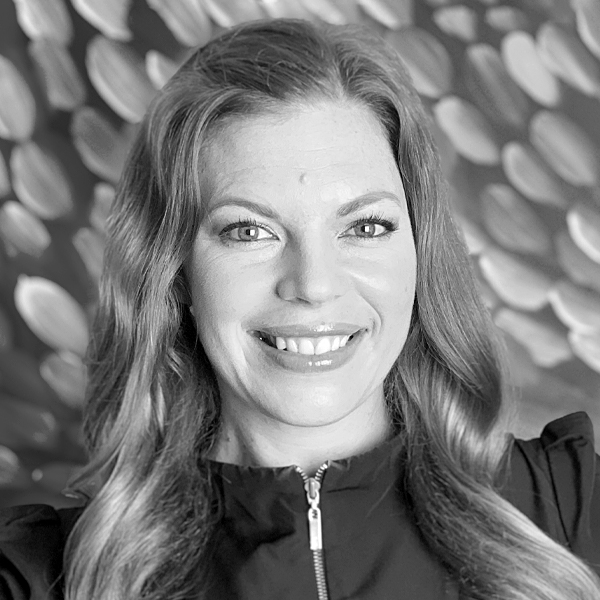
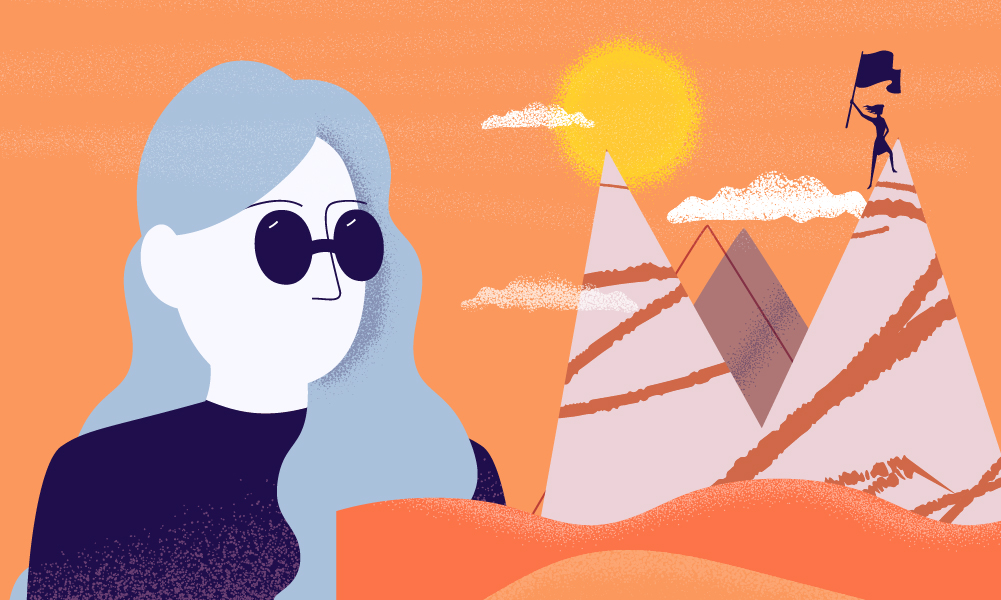



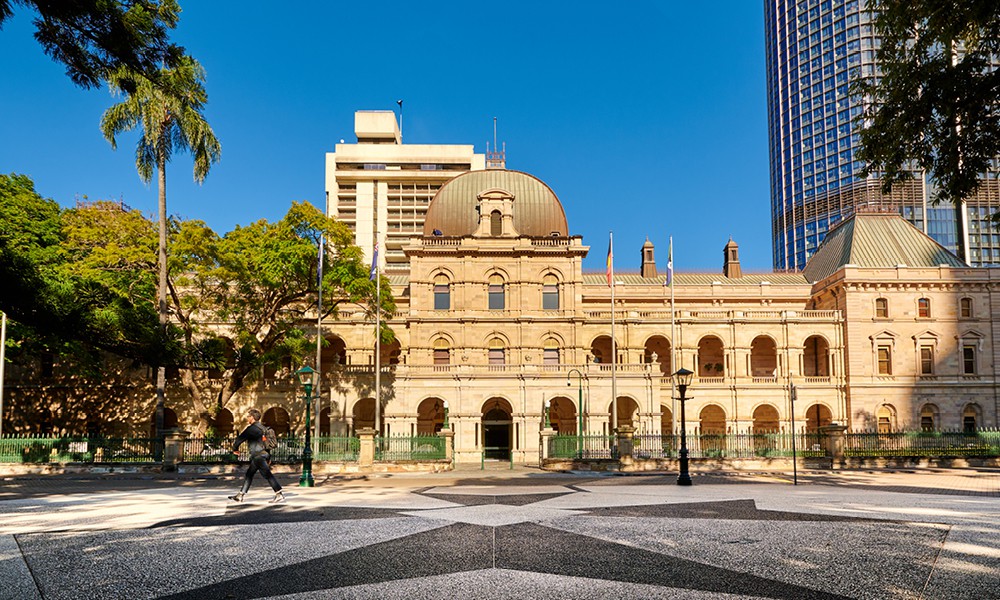
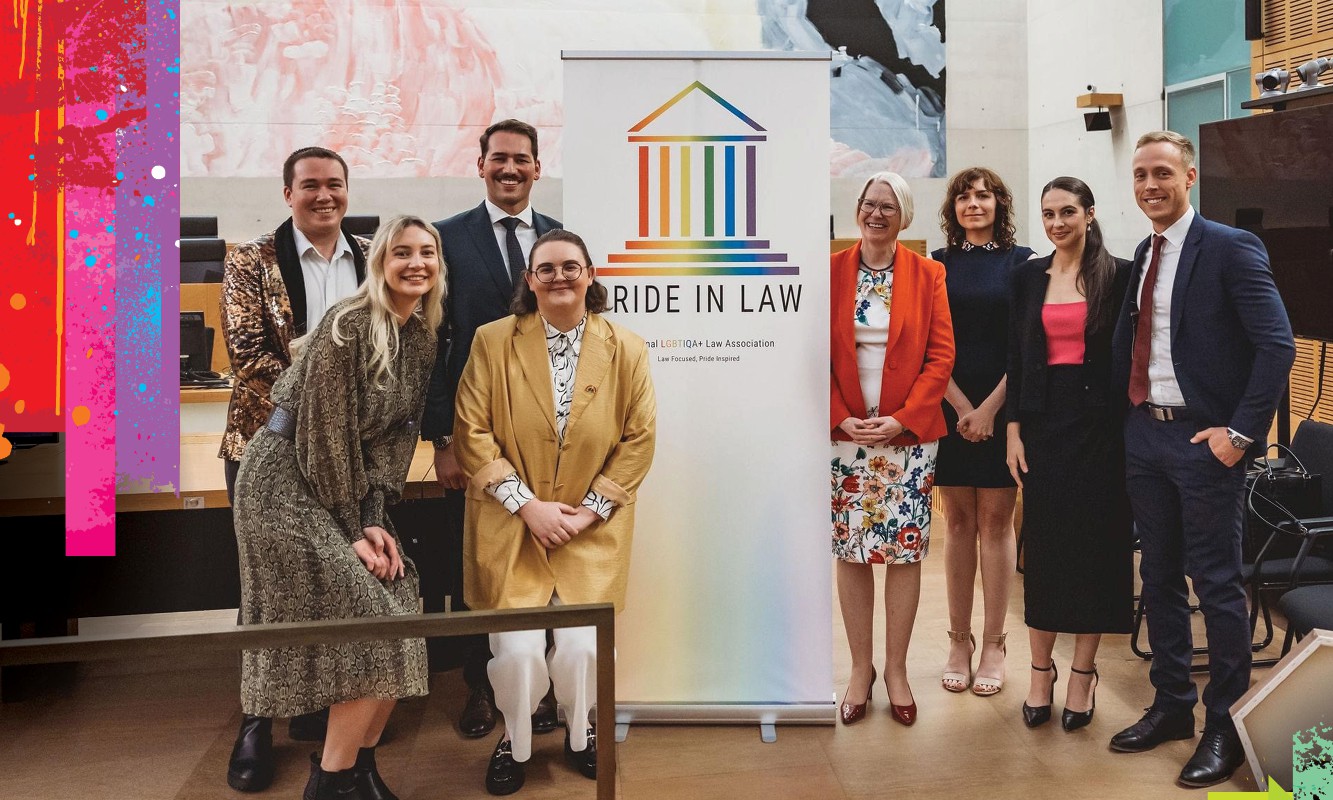
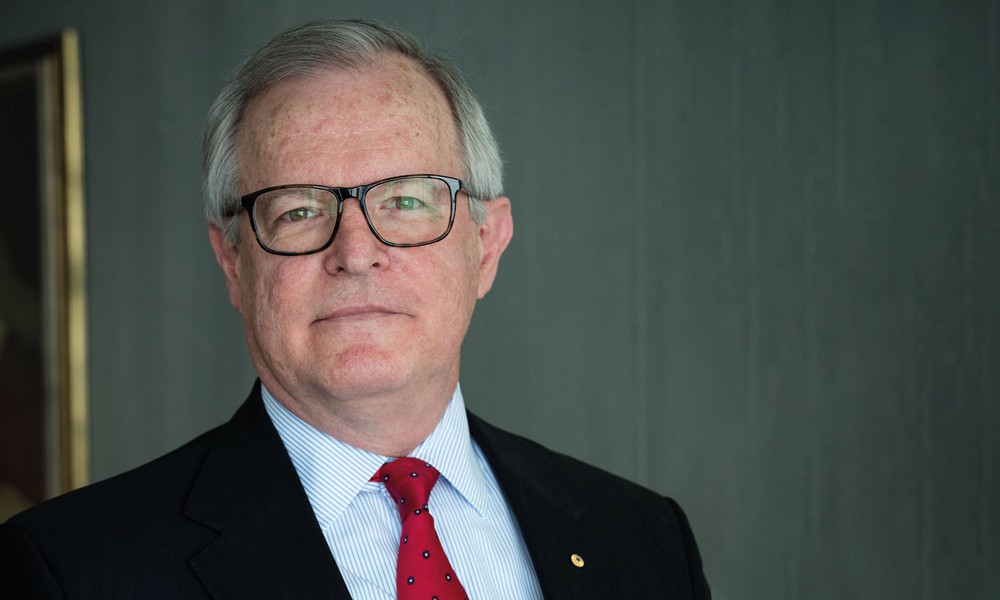
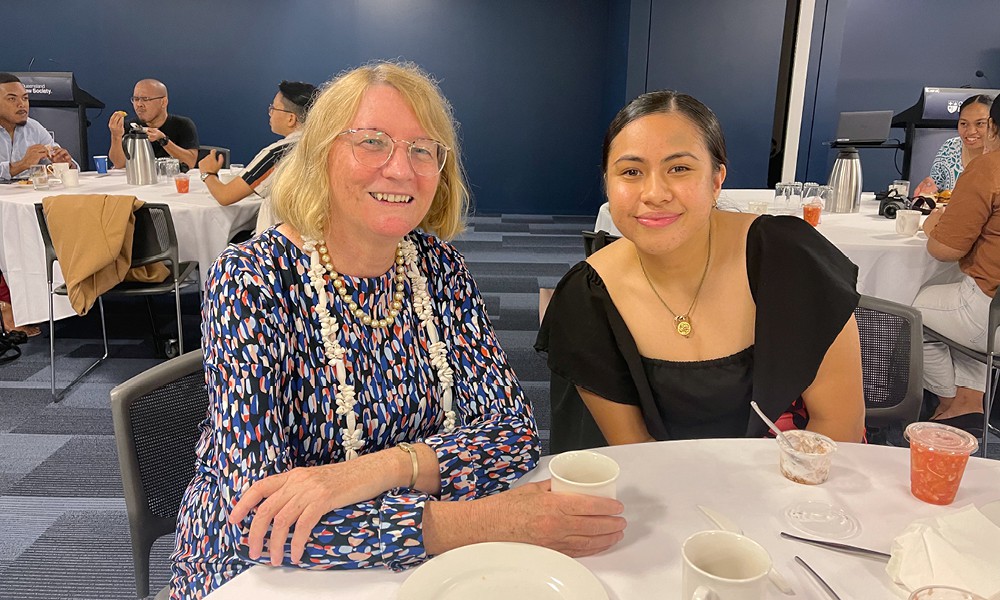

Share this article